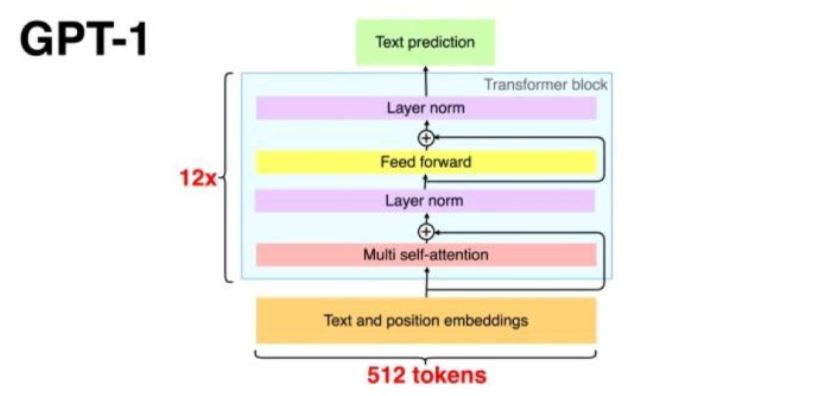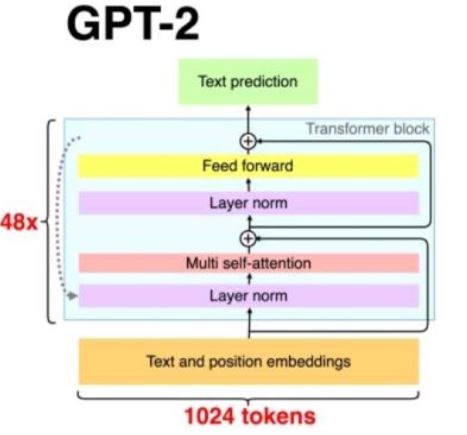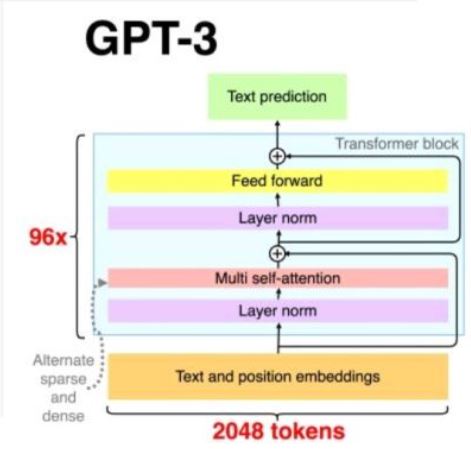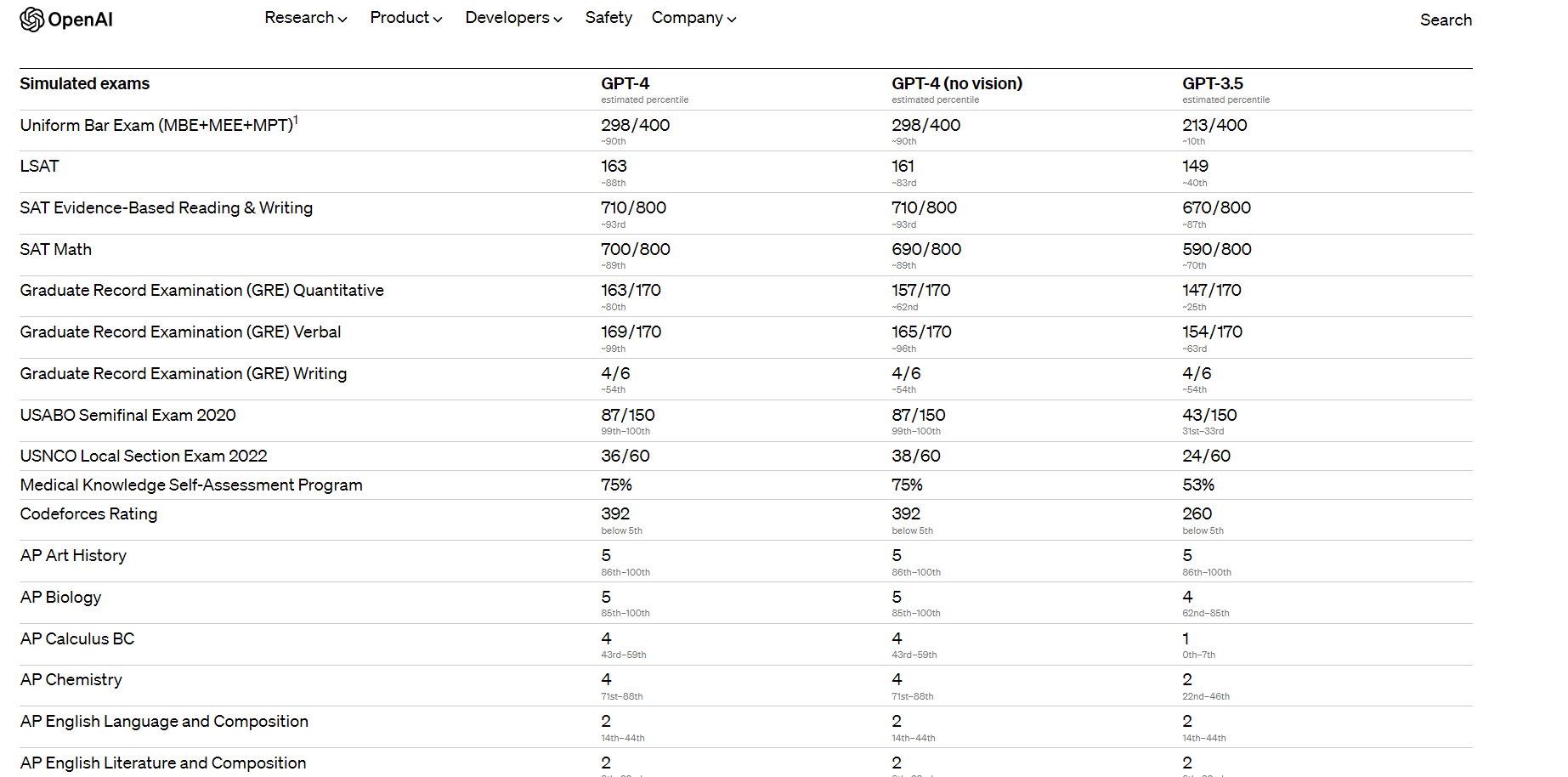Artificial Intelligence Certification Course
- 19k Enrolled Learners
- Weekend
- Live Class
We were already surprised by the wonders ChatGPT has been doing, and now GPT-4 has arrived with features nobody could have ever imagined. These days, one really can’t say what else we are going to explore in the future of language models, as every day is like a new challenge for the developers of ChatGPT. OpenAI has announced the release of its latest large language model, GPT-4. This model is a large multimodal model that can accept both image and text inputs and generate text outputs. As you go through this blog, you will have a better understanding of GPT-4.
GPT-4 is the newest version of OpenAI’s language model systems. It accepts image and text inputs, and emits text outputs, although this GPT model is less capable than humans in many real-world scenarios and exhibits human-level performance on various professional and academic benchmarks .As we all know, this is an advanced version of GPT-3.5, so let’s get familiar with the history of how this started.
The first GPT model was made public by OpenAI, and it was trained using the Common Crawl, a sizable text dataset. The GPT-1 model, which included 117 million parameters, could produce language that was both intelligible and grammatically accurate.

Followed by GPT-2, which contained 1.5 billion parameters and was released the next year by OpenAI, it was even more amazing and included articles that were difficult to discern from those authored by people. OpenAI, however, initially only made available a constrained version of GPT-2 because it was worried about how such a sophisticated language model would be inappropriately used.
 Then comes GPT-3, the biggest and most potent GPT model to date with 175 billion parameters, which was released by OpenAI in 2020. The NLP tasks that GPT-3 can complete include language translation, text completion, and even the creation of unique material like poetry and short stories. The model continued to be improved with various iterations known as the GPT-3.5 series, including the conversation-focused ChatGPT.
Then comes GPT-3, the biggest and most potent GPT model to date with 175 billion parameters, which was released by OpenAI in 2020. The NLP tasks that GPT-3 can complete include language translation, text completion, and even the creation of unique material like poetry and short stories. The model continued to be improved with various iterations known as the GPT-3.5 series, including the conversation-focused ChatGPT.
 The model continued to be improved with various iterations known as the GPT-3.5 series, including the conversation-focused ChatGPT. And to learn more about the ChatGPT, you can check out the video for complete details.
The model continued to be improved with various iterations known as the GPT-3.5 series, including the conversation-focused ChatGPT. And to learn more about the ChatGPT, you can check out the video for complete details.
As one might expect, GPT-4 models outperform GPT-3.5 models in terms of the accuracy of their responses. With GPT-4 scoring 40% higher than GPT-3.5 on OpenAI’s internal factual performance benchmark, the percentage of “hallucinations,” when the model commits factual or reasoning errors, is reduced. Additionally, it enhances “steerability,” or the capacity to modify behavior in response to user demands. One major change is that GPT-4 can use image inputs (research preview only; not yet available to the public) and text inputs. Users can specify any vision or language task by entering interspersed text and images.
There will be a usage limit for users of ChatGPT Plus. However, users will have access to GPT-4 on chat.openai.com. The specific usage limitations will be changed based on the level of demand and the system’s performance, but OpenAI expects them to be extremely restricted due to capacity issues. Depending on the reported traffic patterns, OpenAI may think about offering a new membership level that permits higher-volume usage of GPT-4. Additionally, they want to offer only a handful of free queries in the future to enable non-subscribers to assess the model.
You can upload a worksheet to GPT-4, for example, and it will be able to scan it and output the answers to the questions. Furthermore, it might read a graph you upload and do computations based on the information it contains. The chart below shows how this model’s intellectual skills are also more advanced, surpassing GPT-3.5 in a series of simulated benchmark exams.

Additionally, GPT-4 was tested using standard benchmarks made for machine learning models. The majority of state-of-the-art (SOTA) large language models, as well as the existing large language models, are significantly excelled by GPT-4, which also surpasses them.
The GPT-4 has the same limitations as earlier GPT versions. Even OpenAI admits that this model is “not fully reliable” because it “hallucinates” facts and commits logical mistakes. However, the additional capabilities of GPT-4 lead to new surfaces of risk, such as generating harmful advice, buggy code, or inaccurate information. As it has not been launched yet and the hype is real due to its unmatchable capabilities, all I want to say is that I am very excited to know what the future holds for us through the GPT-4. Until then, you can rely on GPT-3.5, which is still the most trending platform, to get answers to your questions until this new GPT model comes with a bang.
Generative AI enables machines to generate realistic content by analyzing data. A Gen AI certification equips learners with expertise in deep learning, neural networks, and AI-driven innovation, opening doors to advanced career opportunities in artificial intelligence.
This concludes our blog on GPT-4, I hope now you are aware about the topic deeply. If you’re interested in knowing more deeply about ChatGPT, here is the course ChatGPT Course that will help you increase your understanding of the topic.
 Thank you for registering Join Edureka Meetup community for 100+ Free Webinars each month JOIN MEETUP GROUP
Thank you for registering Join Edureka Meetup community for 100+ Free Webinars each month JOIN MEETUP GROUPedureka.co